The treatment focuses on both the psychological and physical symptoms and we strive for a holistic approach. In doing so, we aim to identify existing resources and integrate them into the therapy and care process in order to achieve the greatest possible independence, co-responsibility and cooperation. The aim is to help each patient with their individual problems, to relieve them and to show them perspectives for clarification.
Station 14
As an open, general psychiatric psychotherapy ward, Ward 14 offers 17 treatment places (8 double and 1 single room, each with comfort standard for people with different mental illnesses, such as affective disorders, anxiety disorders, psychoses, and personality disorders. We also have 2 therapy places for day-clinical patients (mostly following inpatient treatment on ward 14). The ward is managed jointly by the medical director of the clinic, Prof. Dr. Fallgatter, and the senior physician, Dr. Schaletzky.
Contact
frontend.sr-only_#{element.icon}: +49 7071 29-82325

Treatment
Duration of treatment
The duration of inpatient treatment is determined individually and is usually several weeks.
In addition to psychopharmacotherapy and psychiatric specialist nursing care, we focus on medical and psychotherapeutic individual and group therapy, exercise procedures such as activation of social skills, everyday life training, mindfulness group and relaxation exercises according to Jacobsen. Acceptance and Commitment Therapy (ACT) - a modern further development of cognitive behavioural therapy - serves as the focus of treatment. ACT combines classic behavioral therapy techniques with mindfulness and acceptance-based strategies as well as value clarification interventions. Within the framework of ACT, we provide a starting point and strategies for dealing with symptoms of mental illness, which should make it possible to design and live everyday life in a more values-oriented way again. In addition, we have many other therapy options available if needed.
Targets for treatment
These are developed together with our patients during the course of therapy and could be, for example:
- Decrease of the symptoms of the disease
- Psychological stabilisation
- Education about the disease and its treatment (psychoeducation)
- Development of an individual treatment concept
- Improvement of the handling of the individual symptoms
- Identification and strengthening of the patient's own resources
- Improvement in coping with everyday life
- Support in dealing with authorities and employers and, if necessary, the initiation of rehabilitative measures in the areas of housing and work
- Preparation for further inpatient or outpatient treatment
- Identification of early warning signs of renewed mental decompensation to prevent a relapse

Therapy offer
The therapy program consists of a basic treatment program, which can be individually supplemented by various other therapy offers. At the beginning of treatment, each patient receives a therapy folder in which the therapy offers tailored to their needs are noted in consultation.
- Biological procedures, such as light therapy, awake therapy, transcranial magnetic stimulation (TMS) and other brain stimulation procedures, if necessary.
- Exercise therapy (in groups and, if required, physiotherapy, massage, fango and lymphatic drainage)
- Walking group, climbing, mindful archery, mindful walking in nature, stick fighting, climbing, dancing, physical training
- Social counselling
- Ergotherapy (wood, textile, clay, paper and cardboard)
- Household training (shopping, cooking and eating together).
- Nutritional counselling with Mediterranean cooking group and lectures
- Music therapy (in groups and individually) and singing group
- Aromatherapy (if required)
- Test psychological diagnostics
- Individual psychotherapeutic sessions with medical/psychological therapists (2 x per week)
- Daily group psychotherapy programmes (general ward group, ACT, social skills training, sleep and anxiety management group, enjoyment group)
- regular ward rounds by the head physician and/or senior physician with the therapeutic team
- Individual discussions with the reference nurse (1 x per week)
- Talks with relatives (individual, if desired)
- on request: hospital pastoral care
- Progressive muscle relaxation according to Jacobson (1 x per week)
- Mindfulness training (2 x a week), Qi Gong
See also
See also
Certificates and Associations

Focus: Top National Hospital 2025

Stern: Germany's Outstanding Employers in Nursing 24/25

Quality partnership with the PKV

Family as a success factor

Pension provision for the public sector





